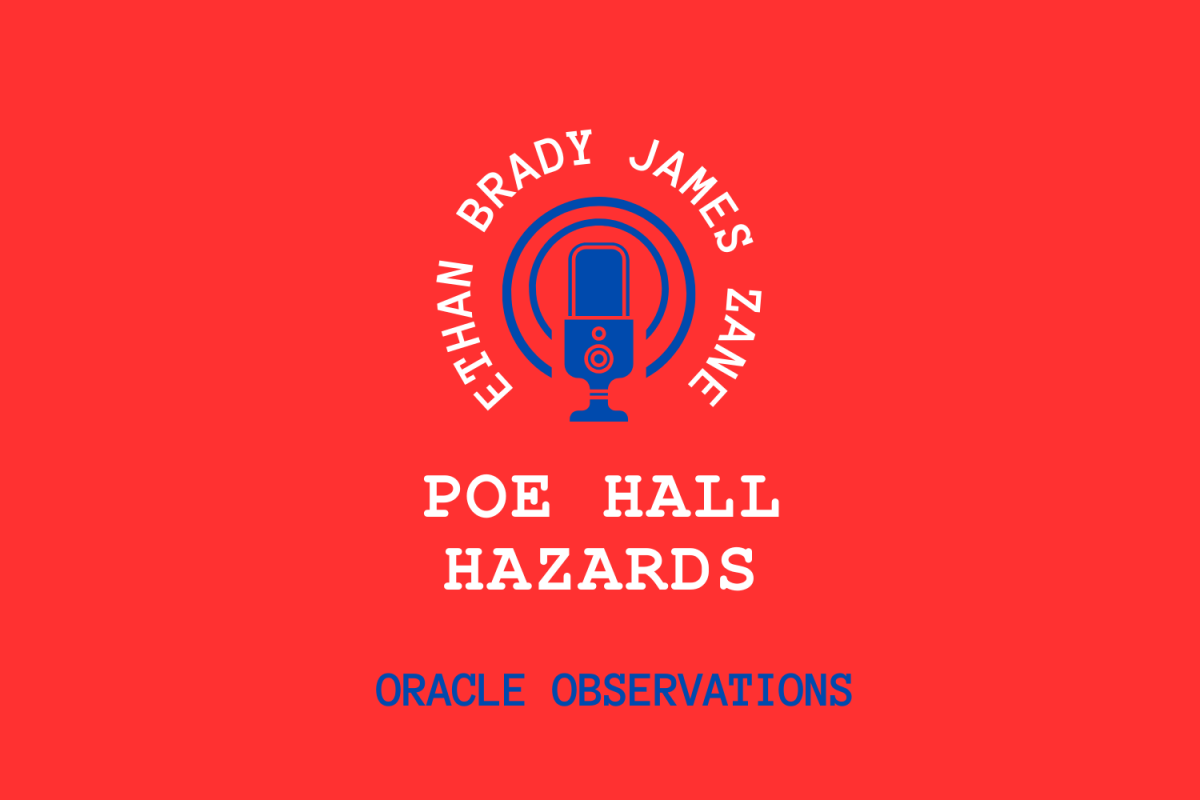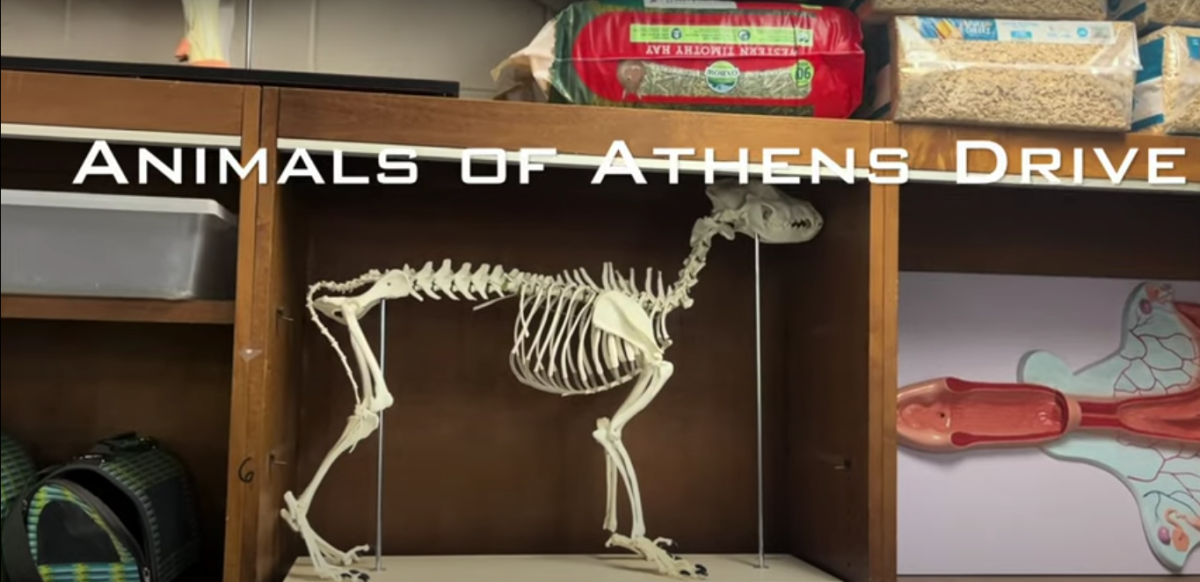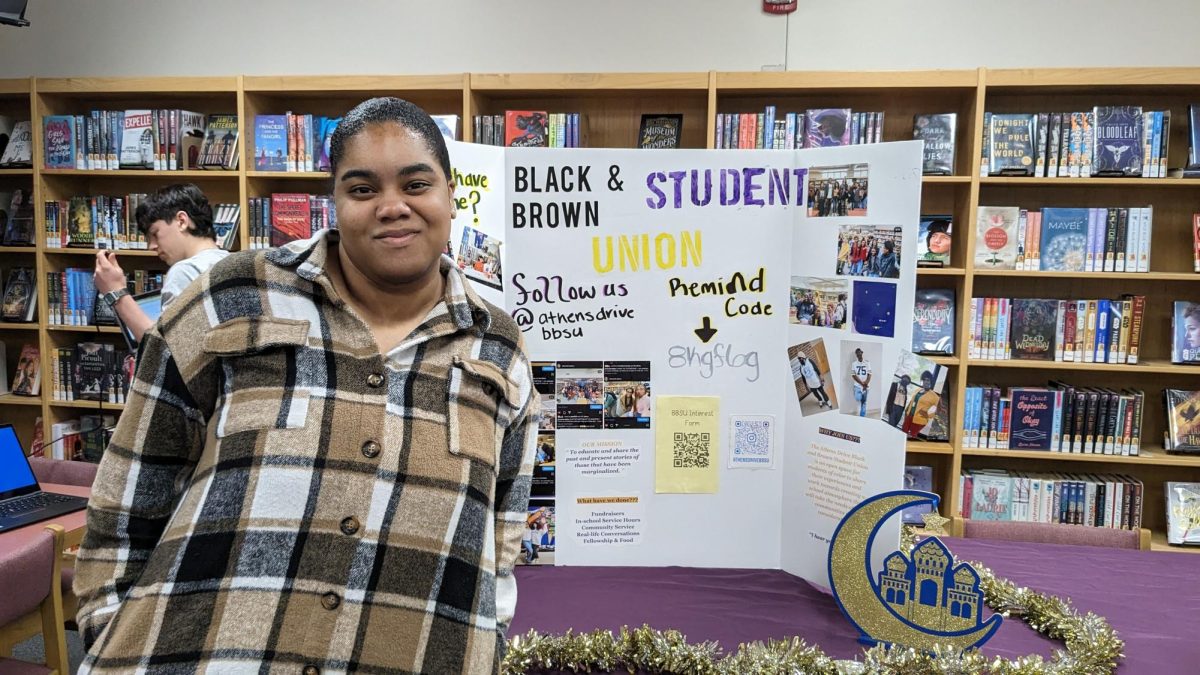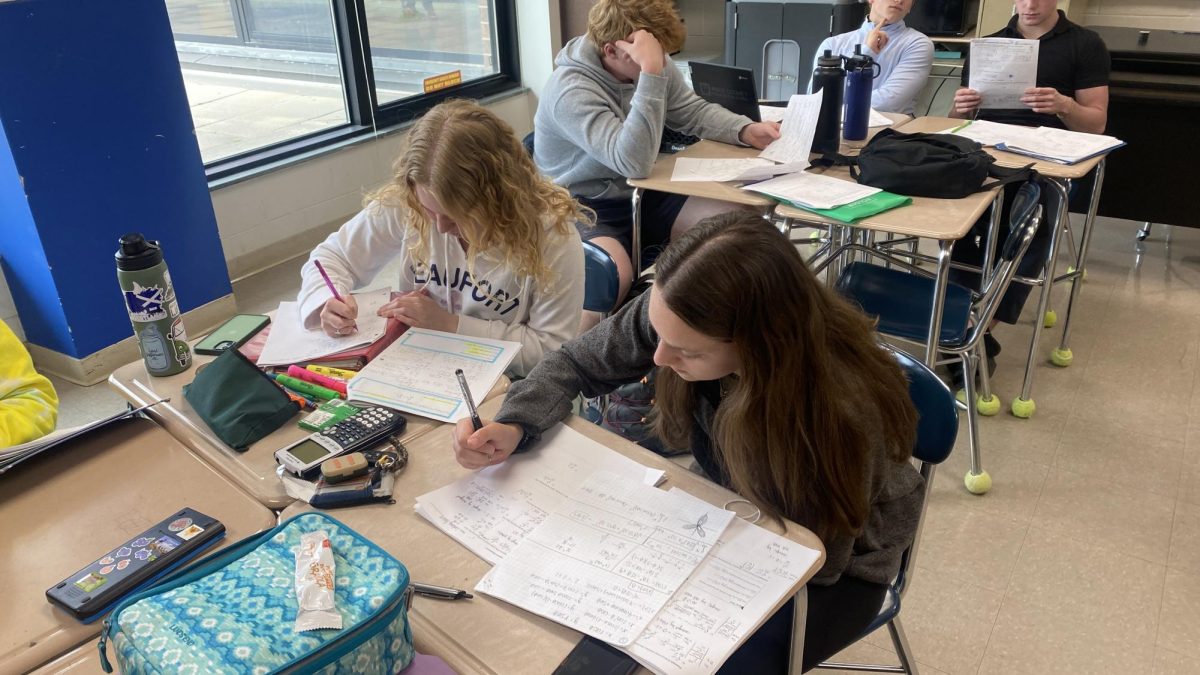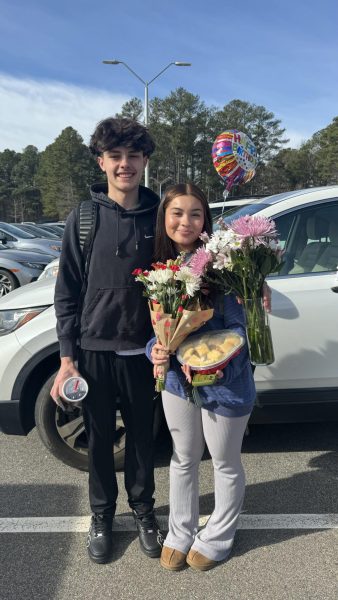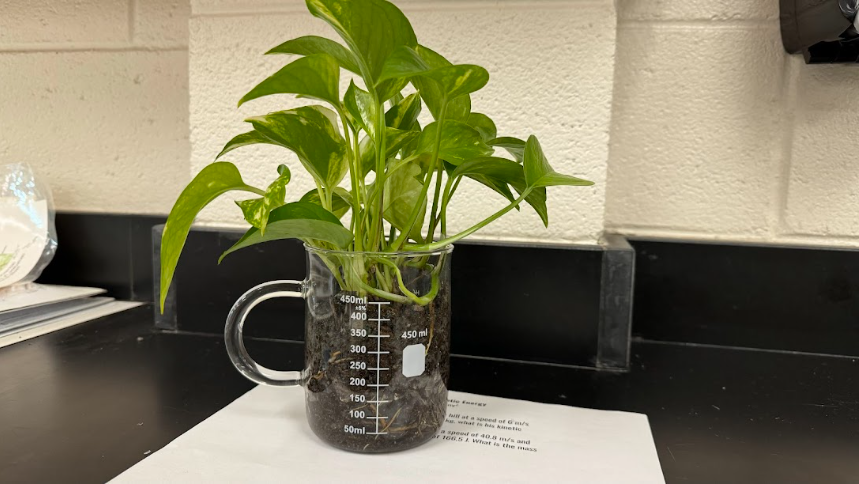
A Willow Warbler lands on the branch of a tree in a garden behind a house.
If you have ever heard the phrase canary in a coal mine, then you might be surprised to know that has only become more relevant in today’s society. According to a study published in the journal, Science, the bird populations in North America alone, has dropped by nearly 30% in North America, marking the loss of 2.9 billion birds in 50 years.
The loss of certain endangered birds was already expected over this course of time; however, the researchers also discovered a more disturbing piece of information: the populations of common, pervasive birds across all habitats, have been declining at a steady rate across North America. Much of the population loss was found to be attributed to 12 common backyard songbird families that encompasss many well known birds such as sparrows, blackbirds, finches and robins.
Unfortunately, this sizable loss in population can be seen in different classifications of fauna as well, most notably, in insects. A study published by the Journal of Biological Conservation, found that the population of insects is declining at a rate of 2.4% every year. Insects are at the base of an ecosystem and when their populations are disrupted by something, every level of a food chain above it will also experience a change. As these insect populations dwindle, so will the populations that eat the insects, birds included.
Unsurprisingly, the speculated cause for the decline in both populations are remarkably similar. Those being, increased, unregulated use of harmful pesticides, global temperature change, increased urbanization across North America and the massive habitat destruction that results from it.
However, scientists studying these population changes are more concerned about the future implications of these events. As mentioned above, a change in one level in a food chain can impact all levels above it and seeing that both insects and birds are lower tier organisms in an ecosystem, the change in their population have a drastic impact on an ecosystem as a whole. In time, these changes will impact all the animals that depend on insects and birds as a food source, this includes both snakes, lizards, larger birds, foxes and eventually humans.
While it may be hard to believe that everyday birds, such as the crow, may disappear completely from the world, many scientists have attempted to warn the public that without change, this may happen in the future. Rachel Carson, for example, wrote her critically acclaimed book “Silent Spring” in 1962, preaching the effects of widening use of pesticides on population and habitat loss. Her work brought about a movement of global environmental consciousness that sparked changes in environmental policies across the United States, widely improving environmental deficiencies related to widespread pesticide use.
However, as the years have gone by, legislation has not been adjusting enough to keep up with the growing need for change. Surprisingly, despite growing need for new environment policies, the administration currently in office, the Trump administration, is actually trying to roll back many of the policies created to protect habitats and regulate the use of harmful pesticides, similar to pesticides Carson spoke of in her research. Additionally, this administration pulled the U.S. out of the Paris Agreement, a global climate change accord made to combat climate change, stating that the agreement puts a “unfair economic burden” on Americans.
Without these regulations and policies, the issue of population loss in birds will not be resolved and the rate at which the populations change will increase which will in time, lead to the unravelling of entire ecosystems. This should be waking call for scientists and politicians to work with each other to change policies and legislation and like the canary in a coal mine, if we listen to the warning that this population loss signals, the current population losses can be reversible and future population collapse can be preventable.


